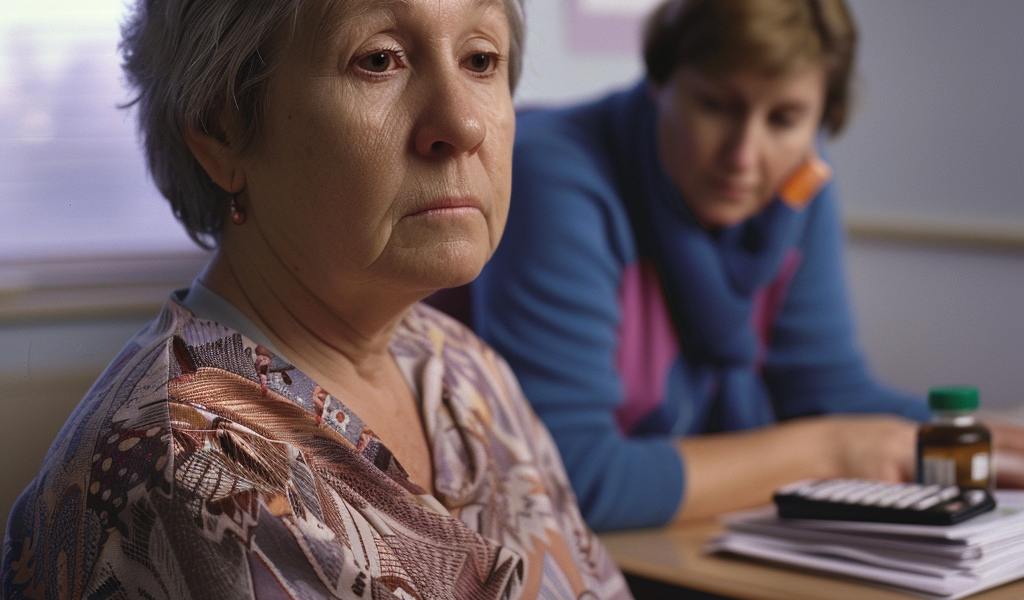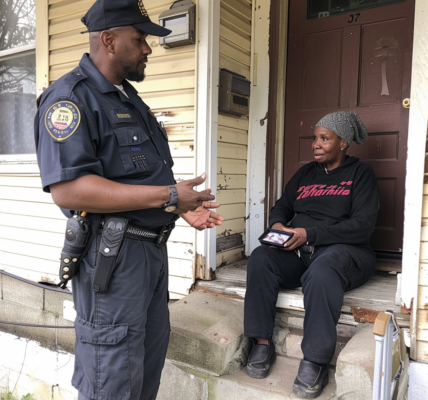Financial Hardship Affects Nearly Half of Cancer Patients, Study Reveals
Recent research highlights a pressing issue faced by cancer patients: financial hardship. A study published in the JCO Oncology Practice on August 15, 2024, indicates that almost 50% of individuals diagnosed with cancer experience some form of financial strain.
Led by Dr. Betina Yanez from the Northwestern University Feinberg School of Medicine, the study analyzed data from 2,305 participants enrolled in the Improving the Management of Symptoms during and following Cancer Treatment trial. The research aimed to explore the connections between financial hardship, anxiety, and depression over time.
The findings revealed significant correlations between financial hardship and mental health issues. Specifically, the study noted a relationship between financial hardship and depressive symptoms (correlation coefficient r = 0.310) as well as anxiety (r = 0.289). Notably, depressive symptoms measured at the beginning of the study and six months later were predictive of future financial hardship, with baseline depressive symptoms showing a beta coefficient of β = 0.079 and six-month symptoms at β = 0.072. Conversely, financial hardship experienced at the nine-month mark was linked to increased depressive symptoms at the 12-month follow-up (β = 0.083).
The research also highlighted that anxiety levels at baseline and nine months could predict subsequent financial hardship, with baseline anxiety showing a beta of β = 0.097 and nine-month anxiety at β = 0.071.
Dr. Laila A. Gharzai, a co-author of the study, emphasized the psychological burden of financial toxicity, noting, “The stress and worry that accompany financial concerns can be particularly distressing for patients who are already navigating the challenges of cancer treatment.” She advocated for the importance of screening cancer patients for financial toxicity risks to better identify those in need and connect them with appropriate resources.
The study underlines a critical aspect of cancer care that often goes overlooked: the intersection of financial stability and mental health. As treatment costs continue to rise, the implications of financial hardship on the overall well-being of cancer patients are becoming increasingly evident.
In addition to the primary findings, the study sheds light on the broader context of how financial toxicity affects not only the patients but also their families and caregivers. The emotional and psychological strain associated with financial difficulties can extend beyond the individual, impacting the quality of life for partners and family members as well.
Healthcare professionals are encouraged to integrate financial screenings into the early stages of cancer care. This proactive approach can help identify patients who may be struggling financially, allowing for timely interventions and support systems to be put in place.
As the healthcare landscape evolves, addressing the financial aspects of cancer treatment is becoming a vital component of patient care. The research findings serve as a call to action for healthcare providers, policymakers, and support organizations to prioritize financial health as part of comprehensive cancer care.
In related news, another study published on September 17, 2024, found that cancer patients express a strong desire for financial screenings to be implemented early in their treatment process. This aligns with the findings of Dr. Yanez’s research, reinforcing the need for systemic changes in how cancer care is delivered.
As the conversation around financial toxicity in cancer care continues to grow, it is essential for stakeholders to collaborate and develop strategies that alleviate the financial burdens faced by patients. This includes advocating for policies that support affordable care options and providing resources to help patients navigate their financial challenges.
With ongoing research and increased awareness, there is hope for improved outcomes for cancer patients facing financial hardships. By addressing these issues head-on, the healthcare community can foster a more supportive environment that prioritizes both physical and mental health.
For those interested in further exploring the relationship between financial hardship, anxiety, and depression in cancer patients, the full study can be accessed in the JCO Oncology Practice.





